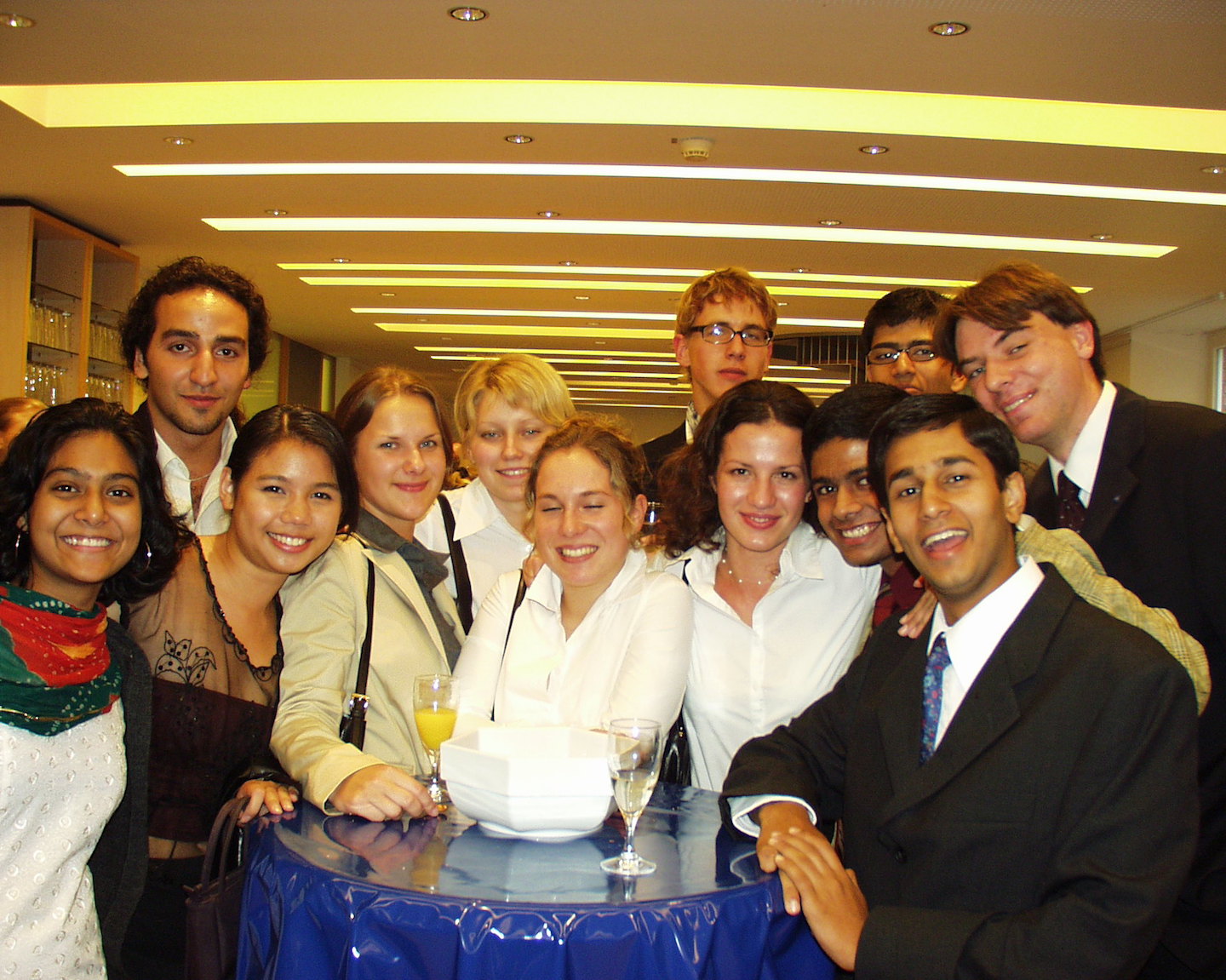Where Minority is the Majority

That was it. I finally knew what to call it. I knew what I had been missing for the previous six years. I was hearing this phrase in 2011 at the Berkeley faculty club during a speech by Charles Hsu (a Jacobs University Foundation board member) to Jacobs Alumni that had gathered from around North America. At the time, I was a PhD student at Stanford, and although I was generally enjoying life, there was something we had in Bremen-Nord that was missing in Northern California. At least missing outside of our Annual Jacobs Thanksgiving dinners.
I was missing the majority of minority nationalities we had at IUB. Things were relatively diverse in California – the speech at the faculty club was highlighting similarities between Jacobs University and Northern California. There were international students at Stanford, and it was in one of the most international counties in the US, with more than one-third of its residents born abroad. But there was still a single majority – US citizens – and whether you’re living with a majority of Americans or Germans or Australians or Danes or whatever, a majority-majority completely changes the rules. It means that there’s a majority of people who are raised in a similar way and accustomed to doing things in a certain way. It creates inertia, a ‘default setting’ that can blind people to fantastic possibilities and serious problems. Living with minorities in the majority is like living without gravity – you get to redefine what you interpret as “up” and “down” every day. Removing the majority nationality means that everything is up for debate and reinvention, and debate and reinvention is definitely how I remember my time at IUB.
I remember re-writing the student government constitution twice, maybe three times? I remember bouncing between wildly different ideas about what music was in choir and the men’s a cappella chorus. I remember getting to travel to model UN conferences in Harvard and Irkutsk, debating tournaments in Berlin and Gdansk, all while somehow finding time to go to lectures and labs and occasionally, do some homework. I remember bumping into a confused first-year student in the lab during my third-year lab rotation, confused that I was a BCE (and not an ISS) major. No doubt I wasn’t the strongest student academically with everything else going on around me, but I guess I was lucky to get another chance in graduate school. Still, I was never at IUB (now JUB) because I wanted to become a biochemical engineer – I was there because I was trying to avoid the “gravity” that usually comes with staying in one place.
I don’t think I could really describe my job as a “biochemical engineer” today. I guess I am some kind of a microbiologist/ ecologist/ bioinformatician trying to understand microbes that grow very slowly deep below the seabed. At least, that is my current job – my non-temporary jobs are husband and father (we have a wonderful Danish-Australian daughter who has just turned one). I’m at a point in life where less-exciting but stable work, a house in the Aarhus suburbs, and a station wagon big enough for a pram are starting to sound like really good ideas. It’s almost a cliché to say it, but it’s so easy to just live your life by doing what the majority does. That’s what’s great about there being no majority, and what I miss about IUB.
It looks like this September, we will all be getting the chance to go back to Jacobs, spend time with old friends, and escape whatever the majorities are telling us to do wherever we’re living in the world. At least, for a couple of days.